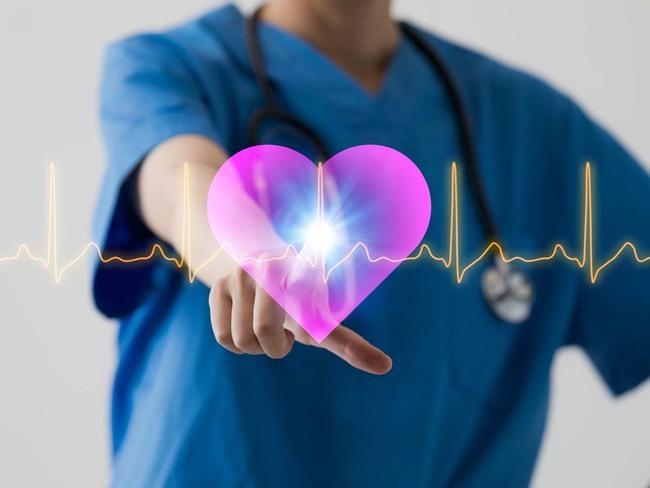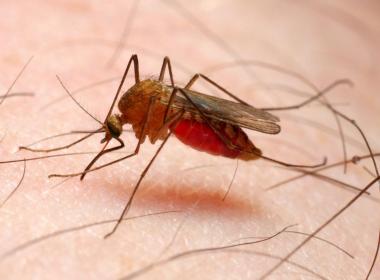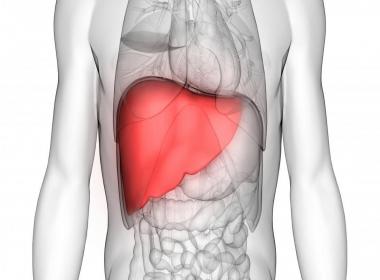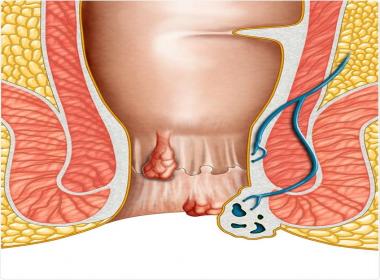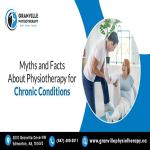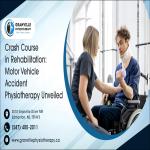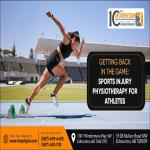What is Arrhythmia
It is majorly described as an irregular heartbeat. In this medical condition, your heart might beat too slowly, too fast, too early, or without any rhythm. It usually occurs when the electric signals that synchronize the heart are not functioning properly.
In the majority of cases, the problem of arrhythmia is not threatening, but if left untreated, it can cause several severe problems like a heart attack. An arrhythmia can be of various types, and its symptoms and treatment can vary. To know more about the cause of your arrhythmia symptoms, visit the best heart hospital in Delhi.
Some of you may get to hear the word “dysrhythmia” from doctors while referring to an irregular heartbeat. The words arrhythmia and dysrhythmia mean the same, but the word arrhythmia is relevant and used more often.
Causes of Arrhythmia:
Arrhythmia can be caused by either a slow heartbeat or a fast heartbeat. A slow heartbeat is usually caused by heart blockage or sick sinus syndrome. Fast heartbeat is caused by atrial fibrillation or ventricular fibrillation.
It can also be developed when your sinus node functions abnormally, dysfunctional impulse in the heart, or obstruction between atria and ventricles. Commonly, people with heart disease are more likely to develop arrhythmia. A few other causes can be high blood pressure, excessive use of alcohol, and hyperactive thyroid. It can be congenital or inherited as well.
Symptoms of Arrhythmia:
Likely, arrhythmia might not have any noticeable symptoms. Even if you experience the symptoms, there are chances that you do not have a severe arrhythmia. A few people with life-threatening arrhythmias may not experience any symptoms, while others with symptoms may not have a severe arrhythmia. Consulting the doctors from the best heart hospitals in Delhi is advisable. The symptoms might vary according to the type of arrhythmia.
- Fast Heartbeat
- Weakness
- Dizziness
- Discomfort in Chest
- Fainting
- Shortness of Breath
- Light-headedness
- Slow Heartbeat-
- Angina or Chest Pain
- Sweating
- Shortness of Breath
- Lack of Concentration
- Physically Inactive
- Dizziness
- Confusion
- Palpitations
- Irregular Heartbeat-
- Chest Discomfort
- Weakness
- Palpitations
- Shortness of Breath
- Dizziness
Diagnosis of Arrhythmia:
The use of a stethoscope is very prominent and valuable when it comes to the diagnosis of arrhythmia. There are several modern techniques also available for diagnosis to know the cause. A diagnosis may also involve a detailed interview regarding your medical history, family history, diet, and lifestyle. Below mentioned are a few tests used to diagnose arrhythmia-
Electrocardiogram (ECG) to reveal the type of arrhythmia. It will check the electrical activity of your heart.
Electrophysiologic Study (EPS) to know the cause of the dysfunctioning of electrical activity in your heart. It is a more elaborate test compared to ECG.
Tilt Table Test to determine whether a sudden decrease in blood pressure or heart rate is the cause.
Electrophysiologic Testing to analyze your heart's electrical signals and abnormal heart rhythms.
Treatment of Arrhythmia:
The treatment of arrhythmia depends on whether you are experiencing a fast heartbeat or a slow heartbeat. A few arrhythmias do not require any treatment. You can be recommended for regular checkups to monitor your health condition. The treatment is commonly required if the irregular heartbeat is causing severe symptoms or other severe heart problems. Doctors from the best heart hospital in Delhi will be better equipped to treat you. A few possible treatments for arrhythmia are mentioned below.
Medications: Doctors might prescribe the medications to control the heart rate and maintain the heart rhythm if you are experiencing a fast heartbeat. You can also be prescribed blood thinner medications to prevent blood clots.
Therapies: You can be advised vagal maneuvers if you are experiencing a fast heartbeat. This therapy will affect your nervous system to control the heartbeat to make it beat slower. Another therapy to treat arrhythmia is cardioversion. It is used to manage the rhythm of the heart.
Surgeries and Procedures: Catheter ablation is advised to eliminate abnormal electrical signals and restore the normal heartbeat. Doctors may also use a pacemaker to speed up the heart rate by stimulating the electrical signals. Implantable cardioverter-defibrillators (ICD) can be advised to constantly monitor your heart rhythm and balance it accordingly. Maze procedure is recommended if other treatments do not work or if a patient is having open-heart surgery. Coronary bypass surgery will be suggested if you will have coronary heart disease along with arrhythmia.
Prevention of Arrhythmia: Doctors may advise eliminating things that cause or increase the symptoms of arrhythmia. These triggers could be stressful environments at home, work, or college. It can also include conflicts in relationships, alcohol, caffeine, and nicotine. Adopting a healthy lifestyle might also reduce the risk of arrhythmia. Regularly exercising can increase your stamina and decrease the chances of heart failure.
You should always have a plan of action regarding medical assistance if you are experiencing symptoms of arrhythmia. Use a well-balanced exercise program to reduce the risk of heart diseases. Try involving omega 3 fatty acid substances in your diet to reduce the risk of sudden cardiac death. Consult the doctors at the best heart hospital in Delhi for early detection of your symptoms. Getting the right treatment on time can reduce the risk of severe heart diseases. Maintaining a healthy lifestyle can also be advantageous.
Also read about:
5 Important Things To Consider When Applying for Gold Loan
6 Reasons Why Your Blog Gets No Traffic
Challenges in completion of HGV Driver Training and Test
